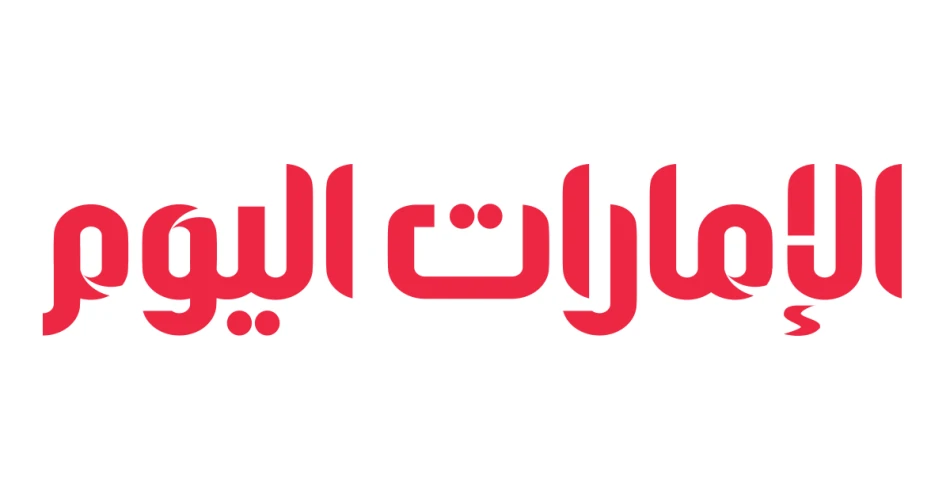
Valiant Team Ensures Life-Giving Water Flow to Southern Gaza
UAE's "Lifeline" Water Project Brings Critical Infrastructure to Gaza's Displaced Population
The United Arab Emirates has launched a major water infrastructure project designed to supply clean water to 600,000 Palestinians in southern Gaza, marking a significant humanitarian intervention amid the territory's ongoing crisis. The seven-kilometer pipeline, stretching from UAE-operated desalination plants in Egypt to Gaza's overcrowded displacement zones, represents one of the most substantial infrastructure investments in the region during the current conflict.
Strategic Infrastructure in Crisis Zones
The "Lifeline" project operates under the UAE's broader "Noble Knight 3" humanitarian initiative, connecting Emirati desalination facilities on the Egyptian side of Rafah to the Mawasi area in southern Gaza. This coastal region has become one of the most densely populated areas for displaced Palestinians, housing families who have fled from other parts of the territory.
Technical teams from the UAE are working alongside Gaza's Coastal Municipalities Water Utility and Egyptian authorities to ensure the pipeline meets both international standards and local requirements. The project's timeline suggests an accelerated implementation designed to address immediate humanitarian needs while establishing longer-term water security.
Engineering Challenges and Cross-Border Coordination
Building water infrastructure across international borders during an active conflict presents unique logistical challenges. The project requires coordination between UAE technical teams, Egyptian authorities, and Palestinian water management officials. The seven-kilometer distance represents a significant engineering undertaking, particularly given the need to maintain water quality and pressure across the pipeline's length.
Regional Humanitarian Strategy
This water project fits within a broader pattern of Gulf state humanitarian investments in Palestinian territories. The UAE's approach mirrors similar infrastructure-focused aid strategies the country has deployed in Yemen, Lebanon, and other crisis zones, emphasizing sustainable solutions rather than short-term relief supplies.
The project specifically targets vulnerable populations including children, women, and elderly residents who face particular health risks from water scarcity. With Gaza's existing water infrastructure severely damaged and unreliable, the external pipeline provides an alternative supply route that bypasses compromised local systems.
Comparison to Regional Humanitarian Models
The UAE's infrastructure-focused humanitarian approach contrasts with traditional aid delivery methods. Rather than distributing bottled water or temporary supplies, the "Lifeline" project creates permanent capacity that could serve the population beyond the immediate crisis period. This model resembles successful water projects the UAE has implemented in Jordan's refugee camps and Somalia's drought-affected regions.
Implications for Gaza's Long-term Recovery
Beyond immediate humanitarian relief, the project establishes important precedents for cross-border infrastructure cooperation. The involvement of Egyptian authorities suggests potential for expanded regional coordination on Gaza's reconstruction needs. The pipeline's capacity to serve 600,000 people represents roughly one-quarter of Gaza's total population, indicating the scale of displacement and infrastructure needs.
The project's success could influence future humanitarian interventions in the region, demonstrating how external infrastructure investments can provide sustainable solutions to crisis-driven displacement. For international donors and regional governments, the UAE's model offers an alternative to traditional aid approaches that often struggle with logistics and sustainability in conflict zones.
Water Security as Regional Stability
Water access has become a critical factor in regional stability across the Middle East. The UAE's investment in Gaza's water infrastructure reflects broader strategic thinking about how resource security affects population displacement and regional tensions. By addressing basic infrastructure needs, the project aims to reduce some of the humanitarian pressures that complicate broader political solutions.
The timeline for full operation remains focused on immediate implementation, with technical teams reporting progress according to schedule. Once operational, the pipeline will provide a reliable water source independent of Gaza's damaged internal distribution systems, potentially serving as a model for other essential infrastructure needs in the territory.
Most Viewed News

 Sara Khaled
Sara Khaled






